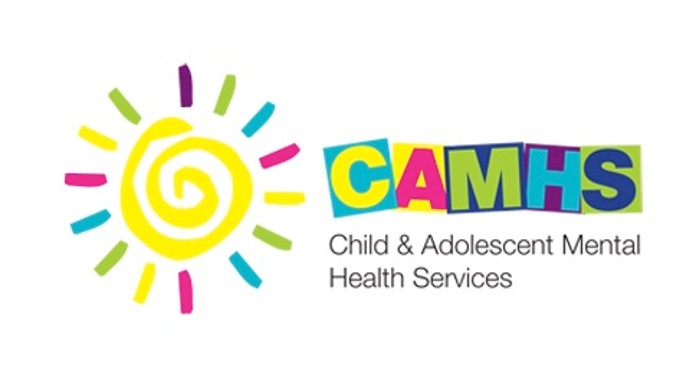You are here:
A New Report on the Challenges in CAMHS
22 August 2023

In this latest edition of The Scrawl we are focussing on the challenges facing children trying to access and using Child and Adult Mental Health Services (CAMHS) in Ireland.
In July the Mental Health Commission published a major report on the current state of CAMHS. At nearly 150 pages it’s quite a long read so we’ve written this short explainer to give you an idea of what it says. If you want to see the whole report you can find it here
Although the report highlights some worrying issues, we hope that it will give the government a clear understanding of what now needs to be done to improve mental health services for children in Ireland.
Before looking more closely at the report itself, let’s begin with some important background information...
Have the OCO highlighted issues with CAMHS before?
Yes – several times. Over the last five years we have released a number of reports - Take My Hand (2018), Pieces of Us (2022) and A Piece of My Mind (2023) – where children have told us directly about the challenges they have faced when accessing and using CAMHS.
Are the current difficulties in CAMHS a children’s rights issue?
Absolutely – the Mental Health Commission have said this in their report. Article 24 of United Nations Convention on the Rights of the Child (UNCRC), which Ireland signed in 1992, says that all children have “the right to enjoy the highest attainable standard of physical and mental health”.
The current problems in CAMHS mean that, right now, too many children in Ireland are not able to enjoy that right.
So, what exactly is the Mental Health Commission?
Set up in 2002, the Mental Health Commission is an independent organisation. It’s job is to visit mental health services to make sure that the care they provide meets high standards and that patients are protected.
Okay, now that we’ve covered some background info, let’s move onto the report itself...
What are some of the main issues highlighted in the report?
Access: The length of time it takes to get access to CAMHS can vary a lot depending on where you live. This means that children in some areas of the country are left on waiting lists for much longer than in others. For example, children needing an assessment for ADHD wait for an average of nine months in one area, whereas in another the average waiting time is only four months. The kinds of treatments available to children can also be a lot more limited in some parts of the country than in others. All children should have the same access to CAMHS, no matter where in Ireland they live.
Staffing: Many CAMHS teams cannot hire the staff the need, particularly in specialist roles such as social workers, occupational therapists and psychologists. As a result, current staff often have to work overtime, leaving them feeling burnt out and frustrated.
Services Not Working Together: Sometimes, children in CAMHS need access to additional services, for example if they have a disability. Too often these different services are working completely separately, rather than together. This lack of cooperation creates more difficulties for individual children.
Facilities: While some CAMHS teams have good facilities that are bright, spacious and well decorated, many do not. Some teams are located in old buildings where there is not enough space for consultations with children and parents, or for storing patient files securely.
Vulnerable children: Certain groups – such as Traveller children, children who are refugees, children in care and young people who are LGBTI – have particular difficulties accessing CAMHS due to language, culture, stigma, or location. Often, staff do not have enough training in these areas.
Finally, what has the Ombudsman for Children said about this report?
Our Ombudsman, Dr Niall Muldoon, has said that small changes to CAMHS will not be enough and that “a radical and brave reimagining” of mental health services for children is now needed.
He has called for the Government to build a mental health service where:
- All children in all areas receive the same high quality service.
- More supports are provided for children closer to where they live, both through schools and in the home.
- There is a full investigation when children are prescribed the wrong medication or doctors do not follow up with children to review their treatment.
- Different services work more closely together to address the needs of the individual child.


